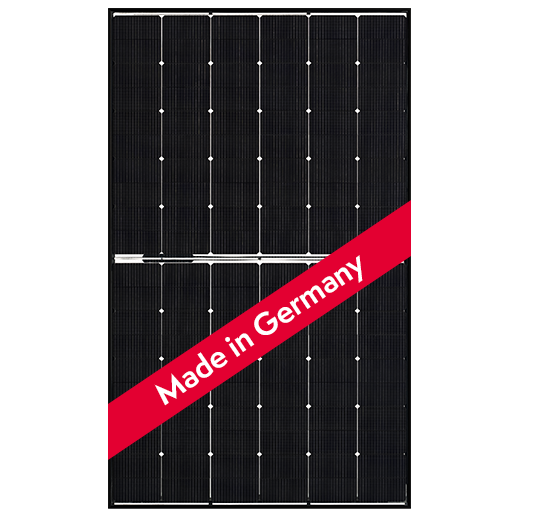Buy your solar panels at the best price in our online store. Opt for self-consumption with solar panels in AUTOCONSUMOSOLAR.ES. Self-consumption will reduce your electricity bill. Become self-sufficient by connecting solar panels to your home. Our photovoltaic solar panels generate real energy savings. You can install your solar panels yourself on your roof, patio, or terrace and inject the electricity produced by your solar panels directly into your home. AUTOCONSUMOSOLAR.ES offers a wide range of affordable solar panels to suit any budget. Solar panels are no longer exclusive to professionals. Now anyone can install their own solar panels.
Here are some tips for purchasing photovoltaic panels.
What type of cells should you use? You can choose between monocrystalline or polycrystalline cells. Both types are of equivalent quality but differ in performance. Polycrystalline cells are cheaper to produce. Consequently, they offer the best value.
How do you plan to use your solar panels? Whether you want to opt for self-consumption, sell energy, or just sell surplus energy: we have the right solar panels for you.
Origin? Solar panels manufactured in Europe or China vary greatly in price and offer different types of customer service.
In each category, we present the strengths, benefits, and interests behind each manufacturer's choice. AUTOCONSUMOSOLAR.ES has the answer to everything related to photovoltaic energy and solar self-consumption. We offer solar panels at the lowest prices so that renewable energy is accessible to everyone, offering the best quality on the market.
Photovoltaic energy is the energy of the future and is environmentally friendly and affordable.
Don't save tomorrow what you can save today!
Trina Solar
desde238
.00 €
/ mes
- Basic sales and marketing for up to 2 users
- Accounting and Sales Administration
- No customization
- Without support
Meyer Burger
desde228 .00 €
- Made in Europe (Germany)
- Small dimensions
- Maximum efficiency - Heterojunction
- Superior hardness
Self-consumption solar panels, also known as self-consumption photovoltaic systems, are solar energy installations that allow home, business, or other building owners to generate electricity from sunlight and use it to meet their own energy needs. Below are the key aspects related to self-consumption solar panels:
- Power Generation: Solar panels capture solar radiation and convert it into electricity through the photovoltaic effect. This generated electricity is direct current (DC).
- Solar Inverter: A solar inverter is used to convert direct current electricity into alternating current (AC), which is the form of electricity used in most homes and businesses.
- Direct Consumption: The electricity generated by solar panels is first used to meet the power needs of the structure on which they are installed. Any excess energy can be exported to the grid or stored in batteries, depending on the system design.
- Surplus Self-Consumption: If solar panels generate more electricity than needed at a given time, the excess energy can be injected into the grid, often in the form of energy credits that can be used when solar energy production is insufficient.
- Storage Batteries: Some self-consumption systems include batteries that store excess energy for later use, allowing greater independence from the electrical grid and the possibility of using solar energy at night or on cloudy days.
- Reduction in Electricity Bills: Self-consumption of solar energy can significantly reduce electricity bills, as it reduces the dependence on electricity from the conventional grid.
- Connected and Isolated Systems: Self-consumption systems can be connected to the electrical grid or operate in isolation, which is known as off-grid solar energy systems.
- Incentives and Regulations: The availability of tax incentives and support programs varies by geographic location. It's important to check local and national regulations before installing a self-consumption system.
- Environmental Impact: Generating solar energy through photovoltaic panels is a clean and renewable source of energy, helping to reduce greenhouse gas emissions and dependence on fossil fuels.
- Initial Cost and Return on Investment: Installing self-consumption solar panels involves an initial cost, but over time, these systems can generate significant savings on electricity bills and offer a favorable return on investment.
Self-consumption solar panels are an effective way to harness solar energy to reduce energy costs and lessen environmental impact. Before installing a system, it's important to assess the location's solar potential, the required system size, and local regulations to make informed decisions.






